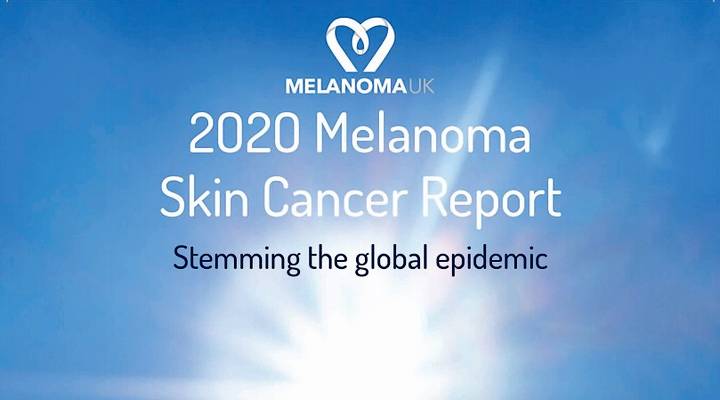
Melanoma UK and their global partners recently produced an in depth report on skin cancer. A disease bringing over a million diagnosed cases a year and more than a quarter of a million of the most serious form, melanoma.
Melanoma has increased by 50% within a decade and around 60,000 people die each year, from a form of skin cancer which can spread throughout your body. Neither is this alone, other skin cancers combine to bring a similar number of deaths.
The country you happen to be born in makes a difference to diagnosis and treatment but even the best performing countries have a 12% mortality rate for melanoma. They are also the places where incidence is likely to be high.
Predominantly fair skinned populations, from Australia, to Denmark, or the UK, see skin cancers occur at 13 times the worldwide average.
A Growing Epidemic
The report’s description of the increase in skin cancer as an epidemic is rational, few types of cancer are seeing such growth.
The World Health Organisation forecast a significant increase for the next two decades. By 2040, we could be seeing half a million melanoma cases across the globe, with associated deaths also doubling from the present day.
An ageing population is part of this, whilst skin cancer can happen at any age, this is more likely in later years. Environmental factors linked to climate change are contributing, as we deplete the protective ozone layer.
A further factor is our reticence to protect ourselves from a serious health risk, or in a number of cases, a feeling that the sun is simply a pleasure.
Distracted Behaviour
Those of us over 50 may have had no idea how dangerous the sun could be, when we sowed the seeds of skin cancer, in search of a “healthy” tan.
Scientific understanding and public perception have grown over recent decades. 90% of people now appreciate that too much sun can be a problem, yet only 20% protect themselves and 60% believe a tan is attractive.
A proportion go as far as topping up with artificial sun out of season, or in preparation for this. Even though more people develop skin cancer from tanning booths, or beds than develop lung cancer because of smoking.
Add in social media influences, or advertising boards, which can reinforce the wrong message and we have a potent mix.
Changing Perception
Further improving public awareness of skin cancer risks is vital, for those with a family history of the condition but above all, for everyone.
Intentional tanning needs to stop being the social norm, sunbed use be set aside and protection from the sun become fashionable. This could be achieved, the right clothing and sunglasses can look great, sunscreen stops ageing as well as cancer.
An annual visit to a specialist dermatologist for painless, digitally managed skin screening makes sense, as does self checking every month. You are welcome to read, or download a copy of the full report, which includes a guide to checking your skin.
Prompt detection and treatment are vital to skin cancer outcomes, although so is protecting yourself. We are pleased to offer fine skin cancer treatment but will be equally pleased if we don’t need to see you.
